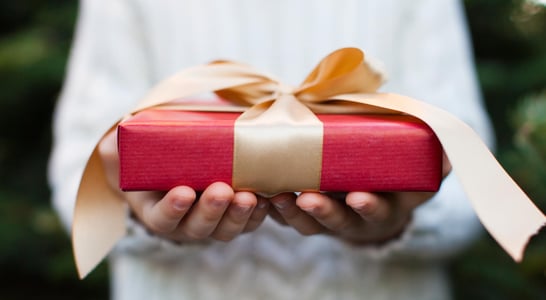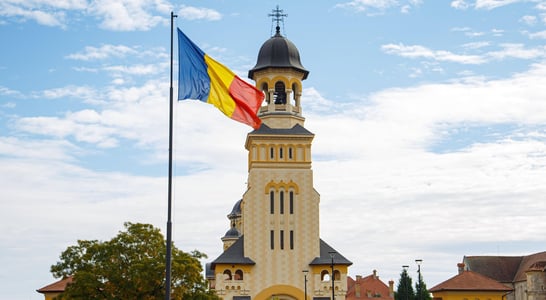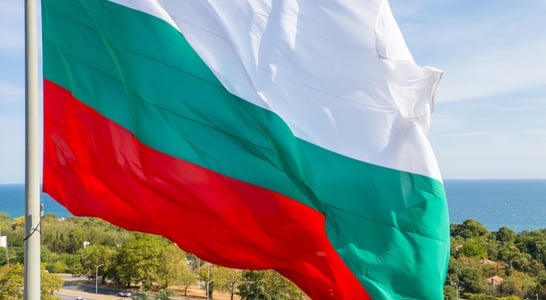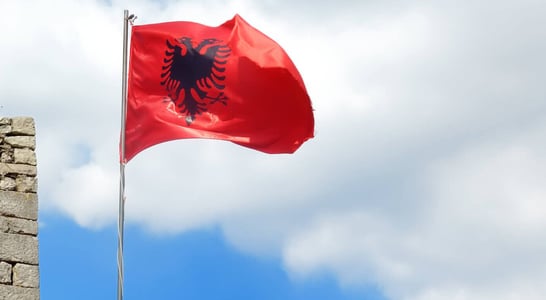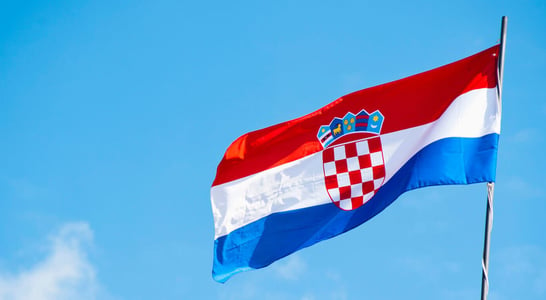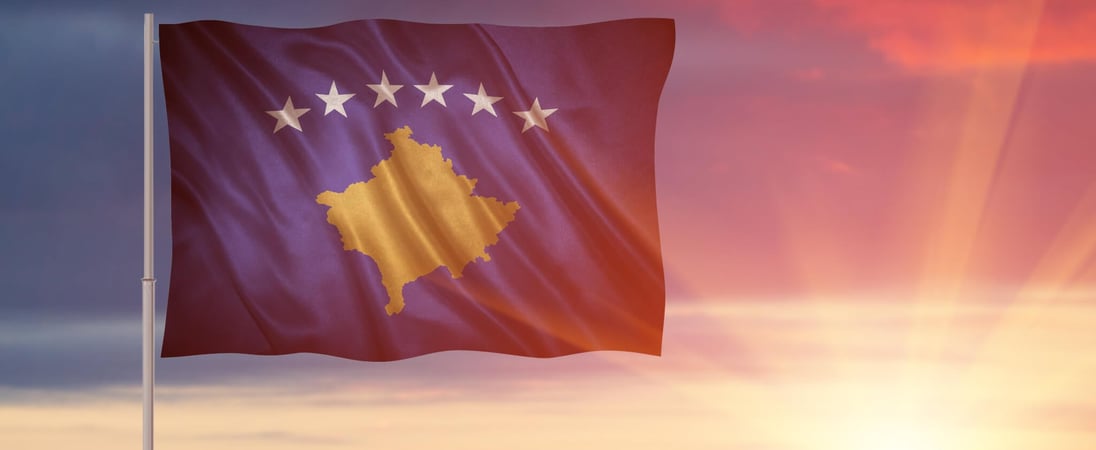
Kosovo Independence Day
Kosovo Independence Day is a vibrant celebration filled with national pride and unity. The day marks a significant moment in Kosovo’s history when it declared itself an independent country.
By celebrating this day, Kosovars express their gratitude and look forward to a brighter, more prosperous future together!
How to Celebrate Kosovo Independence Day
Parade Extravaganza
Jumpstart the day with a lively parade! Watch as colorful floats, traditional costumes, and joyful dancers fill the streets.
Everyone loves a good parade, especially one that celebrates independence. Local bands can add to the fun with upbeat music, making it impossible not to tap your feet. Get there early for the best view and enjoy the festive atmosphere!
Feast on Local Delights
Kosovo Independence Day calls for a culinary celebration! Indulge in local favorites like flija, a delicious layered pastry, or tavë kosi, a hearty baked dish.
Street vendors and restaurants offer a variety of treats to satisfy any craving. Friends and family gather around to share meals, making food a central part of the festivities. Don’t forget to try some baklava for dessert!
Dance to Traditional Tunes
Put on your dancing shoes and join in the fun! Traditional music fills the air, inviting everyone to dance. Folk dances, such as the lively valle, get people moving and laughing.
Whether you’re a seasoned dancer or just love to move, the energetic rhythms are infectious. Local musicians play traditional instruments, creating a truly authentic experience.
Visit the Newborn Monument
Take a trip to the iconic Newborn Monument in Prishtina, the capital city. This symbol of freedom is a must-see on Independence Day.
The monument often gets a fresh coat of paint, reflecting the year’s themes and messages. Snap a photo and leave your mark on this ever-evolving artwork. It’s a perfect way to reflect on Kosovo’s journey and celebrate its vibrant spirit!
Enjoy a Fireworks Show
End the day with a bang! Fireworks light up the night sky, providing a spectacular finale to the celebrations. Gather with friends and family to watch the dazzling display. Each burst of color symbolizes the joy and pride of the nation.
As the fireworks explode, the sense of unity and happiness is palpable. A perfect ending to an unforgettable day!
Join in Community Events
Local communities host various events, from concerts to cultural exhibitions. These gatherings highlight Kosovo’s rich heritage and diverse traditions.
Participants can participate in workshops, watch performances, or simply enjoy the vibrant atmosphere. Community events bring people together, fostering a sense of camaraderie. There’s something for everyone, making them a great way to celebrate!
History of Kosovo Independence Day
Kosovo’s journey to independence began in the late 20th century. Following the breakup of Yugoslavia, tensions between ethnic Albanians and Serbs in Kosovo escalated.
This led to the Kosovo War in 1998, involving severe conflicts and human rights violations. NATO intervened with airstrikes in 1999 to stop the violence, leading to the withdrawal of Serbian forces and the establishment of a UN administration in Kosovo.
Kosovo declared its independence from Serbia on February 17, 2008. This historic moment resulted from years of struggle and international mediation.
Despite Serbia and some other countries not recognizing its independence, over 100 UN member states, including the United States and most European Union countries, recognized Kosovo as an independent state.
This declaration marked a new chapter for Kosovo, aiming for peace and self-governance, and Kosovo Independence Day is celebrated with great enthusiasm every year. It commemorates the resilience and determination of the Kosovar people.
The day features various events, including parades, concerts, and speeches, particularly in the capital, Pristina. It serves as a reminder of the hardships overcome and the hope for a peaceful future.
On this day, people gather in the streets, waving flags and enjoying parades, concerts, and other festivities. It’s a day of joy and remembrance, showcasing the spirit and resilience of the Kosovar people.
The celebration honors Kosovo’s journey to becoming a sovereign state. After years of conflict and struggle, Kosovo declared independence, which was a dream come true for many of its citizens.
This day is important because it commemorates the courage and sacrifices made to achieve freedom and self-determination. It is also a time to reflect on the progress and future aspirations of the young nation.
Kosovo Independence Day reminds everyone of the importance of freedom and unity. It also educates younger generations about their country’s history and the efforts required to maintain peace and independence.
Kosovo Independence Day FAQs
How did Kosovo’s name originate, and what does it mean?
The name “Kosovo” comes from the Serbian word kos, meaning “blackbird.”
It refers to the area’s Blackbird Field, a significant historic site in Serbian culture and memory.
This field was the location of the Battle of Kosovo in 1389, an event that has shaped regional history and collective memories for centuries.
Despite being named after this Serbian term, the meaning behind Kosovo’s name has adapted across languages and cultures, symbolizing a land of historical complexity and diverse influences.
What unique traditions mark Kosovo’s Independence Day?
While some Kosovars celebrate with parades and speeches, many commemorate the day with Gurbetçi, where diaspora members return home.
Families come together, sharing traditional foods like flija, a layered pastry, and sarma, cabbage rolls. Young Kosovars light sparklers in city squares, adding a festive atmosphere.
Why did some countries take years to recognize Kosovo’s independence?
Some countries with separatist regions hesitated to recognize Kosovo, fearing it would encourage secession movements within their own borders.
For example, Spain, concerned about Catalonia and the Basque region, delayed recognition.
Other countries with historic alliances to Serbia, like Russia, also chose not to recognize Kosovo, keeping the political dynamics complex even years after independence.
Are there any symbols unique to Kosovo’s Independence Day celebrations?
Yes, the Kosovo flag and the red-and-black Albanian flag are often seen together.
The Kosovo flag, with a map outline and six stars, represents Kosovo’s ethnic groups.
Another common symbol is the double-headed eagle from the Albanian flag, representing strength and freedom, reflecting Kosovo’s close cultural ties with Albania.
What are some common myths about Kosovo Independence Day?
A common myth is that Kosovo’s independence only affects the Albanian population, ignoring its multicultural makeup.
In fact, Kosovo’s independence journey has involved several ethnic groups, including Serbs, Turks, Bosniaks, and Gorani, all part of its unique cultural landscape.
Another misconception is that Kosovo’s independence was quickly recognized globally, while, in reality, it faced considerable opposition and long-standing diplomatic disputes.
Is there a connection between Kosovo Independence Day and traditional music?
Yes, traditional Albanian folk music plays a big role. Songs called epic ballads, often featuring instruments like the çifteli, tell stories of Kosovo’s past struggles and triumphs.
This musical tradition is vital during celebrations, with Kosovars singing songs that connect independence to cultural resilience and shared history.
What are Kosovo’s “patriotic cakes” that appear on Independence Day?
On Independence Day, bakers create cakes decorated with the Kosovo flag or nationalist symbols, sometimes using blue and yellow icings to mimic the flag.
These “patriotic cakes” serve as edible tributes, symbolizing pride and unity. Some cakes also feature slogans like Kosova është e jona (“Kosovo is ours”) or the map of Kosovo.
Do any superstitions or sayings relate to Kosovo’s Independence Day?
A popular saying is, “Who drinks to Kosovo, drinks to freedom,” capturing the local spirit.
Another tradition involves lighting candles on windowsills as a “beacon” for those who fought for freedom.
These small gestures remind Kosovars of the sacrifices made, with some believing it brings good fortune for the coming year.
How does Kosovo Independence Day intersect with global diaspora celebrations?
Kosovar communities abroad, especially in Switzerland and Germany, celebrate by organizing concerts with local artists and Kosovo-born singers.
They also host cultural events where people wear traditional attire and recite poems or songs about Kosovo. These celebrations offer Kosovars abroad a sense of home and connection to their roots.
Are there any animals linked to Kosovo’s independence symbolism?
Kosovo’s independence symbolism includes the eagle, a strong and revered bird in Albanian mythology.
The double-headed eagle, symbolizing vigilance, often appears on flags and badges during Independence Day.
It also represents the dual heritage of Kosovars, reflecting a balance between Albanian identity and the unique cultural identity within Kosovo.
Also on ...
View all holidaysNational Random Acts of Kindness Day
Brighten someone's day with unexpected kindness! Hold the door, pay for a coffee, or simply smile. Small gestures make a big difference!
National Public Science Day
Embracing the curiosity and wonder that fuel exploration, discovery, and a deeper understanding of the world around us.
